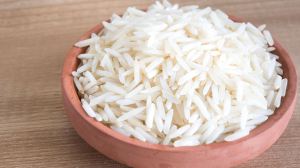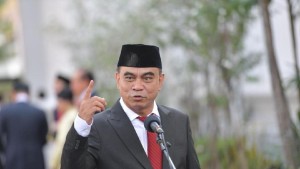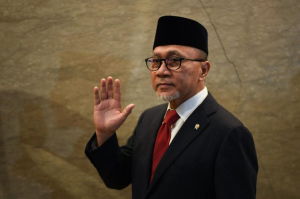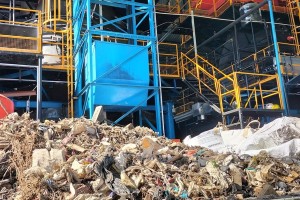Zulkifli Hasan targets food self-sufficiency by 2029, plans to utilize Papua's land
Coordinating Minister for Food Affairs, Zulkifli Hasan, has set a target to achieve national food self-sufficiency by 2029 and utilize idle land in Papua to meet the growing demand for food production.
Zulkifli cited that the idea of using land in Papua for agriculture has been proposed since 2014, highlighting the diminishing agricultural capacity in Java.
"Land in Java continues to decrease, and living conditions are becoming unsustainable due to pollution and sinking coastal areas," he told a media conference at the Ministry of Trade on Monday, October 21, 2024.
He sees Papua as the future of Indonesia's agricultural industry and has programmed the cultivation of 600,000 to 2 million hectares of land in the region. The main crops to be planted include sugarcane, rice, and corn.
"We have vast land in Papua that has not been optimized. With everyone's support and prayers, we aim to achieve food self-sufficiency," Zulkifli said.
Indonesia's food demand is projected to rise alongside its growing population. Statistics Indonesia (BPS) estimates that by 2050, the population will reach 328 million, driving demand for key food commodities, including 40-50 million tons of rice.
However, this year's rice production is expected to reach only 30.34 million tons, a 2.43 percent decline from the previous year, with harvested land shrinking by 1.64 percent.
This underscores the country's food vulnerability, as local production remains insufficient to meet domestic needs.
According to the Global Food Security Index, Indonesia's food security score stands at 60.2, slightly below the global average of 62.2.
President Prabowo Subianto has expressed confidence that his administration can achieve national food self-sufficiency within four years. He is optimistic that Indonesia can even become a global food hub.
Prabowo stressed the importance of reducing food imports, particularly in light of potential global crises where countries prioritize their own food needs over exports.
"We must aim for food self-sufficiency as soon as possible. We cannot rely on food sources from abroad," Prabowo stated in his inauguration address on Sunday, October 20, 2024.
Tag
Already have an account? Sign In
-
Start reading
Freemium
-
Monthly Subscription
30% OFF$26.03
$37.19/MonthCancel anytime
This offer is open to all new subscribers!
Subscribe now -
Yearly Subscription
33% OFF$228.13
$340.5/YearCancel anytime
This offer is open to all new subscribers!
Subscribe now






